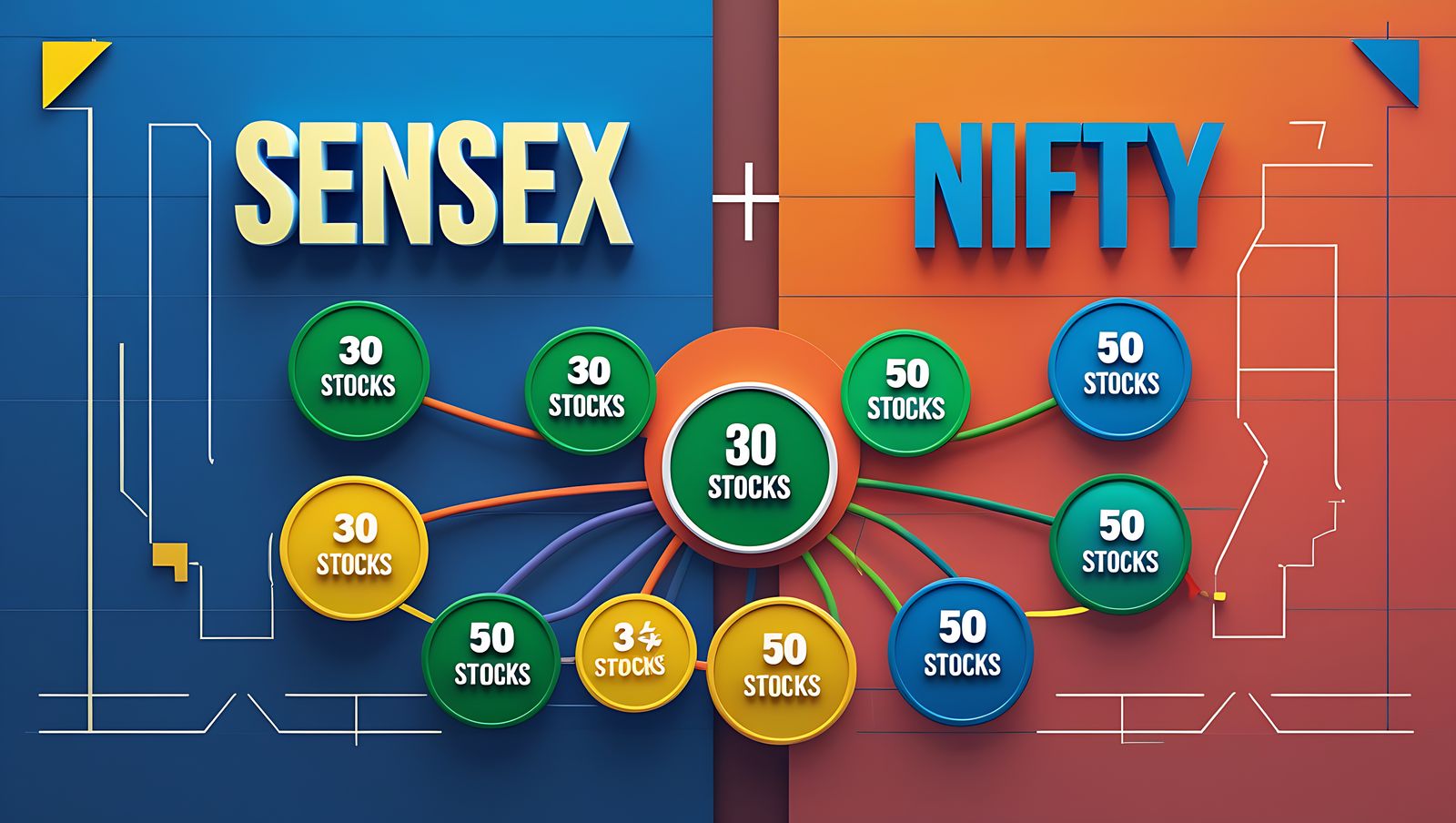Treasure NFT: A Blockchain Scam Posing as AI-Driven NFT Trading
In the rapidly evolving blockchain and NFT world, scammers are exploiting the mania increasingly to lure in naive investors. Treasure NFT is one such website that has lately come under scrutiny for operating a Ponzi scheme masquerading as AI-powered NFT trading. Despite the promise of big returns, the website has numerous red flags of scamming activity.
Too-Good-to-Be-True Promises
Treasure NFT entered with lofty promises of providing:
- 4.3% to 6.8% daily returns
- 30% monthly returns
These figures are highly unrealistic within the NFT space. Genuine NFT sites never promise guaranteed returns since the market itself is highly volatile. Experts have warned that these assurances of gains are not sustainable and are classic telltale signs of Ponzi-like schemes.

Referral-Based Model– A Marker of Ponzi Schemes
Treasure NFT heavily relies on onboarding new investors via a referral mechanism. New user investments are used to pay back earlier investors, creating the illusion of profitability. But this model is guaranteed to crumble as soon as the influx of new players dwindles.
Frozen Funds and Denials of Withdrawals
Some users have been complaining:
- Frozen accounts without explanation
- Slow or denied withdrawal requests
- Inexistent customer support
These challenges represent liquidity problems, characteristic of Ponzi schemes when withdrawal is suspended to avoid the system’s collapse before its time.
Fake Testimonials and Faked Legitimacy
Treasure NFT purportedly uses fake testimonials from created accounts to gain spurious credibility. These fake reviews create the illusion of trustworthiness, deceiving prospective investors.
The platform also claims to have a Money Services Business (MSB) license from FinCEN. There is little verifiable information about its legal status. Indian and West Bengal government agencies are reportedly probing the platform for fraud.
Targeting Economically Vulnerable Communities
What makes the situation more concerning is the predatory targeting of economically underprivileged and less-educated communities, especially in regions like:
- The tribal areas of Pakistan
- Balochistan
- Sindh
Taking advantage of individuals who have poor financial literacy, Treasure NFT is capable of expanding its victim base at a very rapid rate.

How to Identify and Avoid NFT Scams
In order to keep yourself away from being a victim of scams related to NFTs, keep the following in sight:
- Verify the platform through independent research.
- Avoid platforms that assure guaranteed returns—they are probable scams.
- Avoid referral models since these are commonly found in Ponzi schemes.
- Look for genuine user reviews on respectable platforms.
Conclusion
Treasure NFT is another cautionary tale in blockchain’s history, the importance of conducting thoroughly researched background checks prior to investing in NFT platforms. Its Ponzi scheme origin, fake reviews, and shady business tactics all contribute to making it a highly risky and potentially scam opportunity. Financial advisors strongly advise investors against Treasure NFT and other similar schemes offering unsubstantiated profits.












